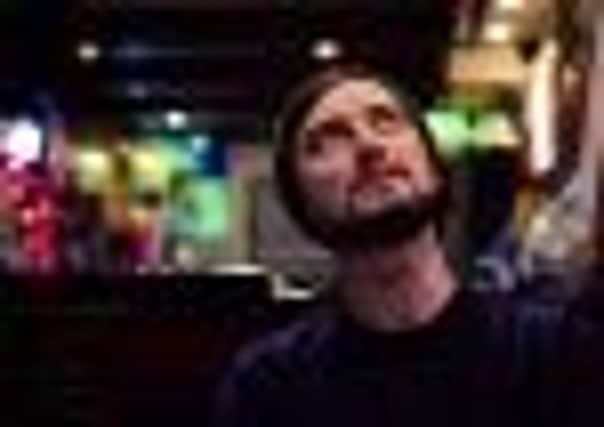Preview: Celtic Connections


Early line-ups highlighted acts from Celtic traditions overseas – Ireland, Brittany, Galicia, Asturias, Cape Breton – and from Nordic neighbours, as well as the Celtic lineage of much US roots music. This latter element, in particular, has continued to expand, while under Donald Shaw’s artistic directorship, more and more of those connections have been newly forged, with leading musicians from Africa, Asia, Latin America and eastern Europe.
Understandably, the combination of Stateside stardust and world music cosmopolitanism tends to garner the lion’s share of media attention, underlining as it does the festival’s impressive global pulling power, while providing much of its singular diversity, colour and vibrancy. It’s worth pointing out, therefore, that of nearly 180 shows in Celtic Connections’ main 18-day programme, more than two-thirds feature a wholly or substantially Scottish line-up. An equally diverse, colourful and vibrant array of home-grown music, in other words, supplies not just the foundation but most of the fabric for what’s now arguably the biggest and indisputably one of the most successful, highly regarded festivals anywhere in its field.
Advertisement
Hide AdAdvertisement
Hide AdCeltic Connections hasn’t merely capitalised on the ongoing renaissance and stylistic proliferation of Scottish traditional and folk-based music, it’s also been a major contributor in both respects, partly for strategic or pragmatic reasons, as Shaw explains.


“On principle, when I’m booking the acts, I always have this wee voice on my shoulder saying, ‘Remember this is a Scottish festival,’” he says. “Showcasing the best of what Scotland has to offer was a key part of the original ethos, and I feel a strong responsibility towards that. But with a line-up this size, and a finite number of acts available, you’ve got to find ways to avoid programming the same names too often. That’s one of the reasons there’s been a consistently high incidence of new collaborations and specially commissioned shows: it helps keep things fresh, and also starts balls rolling for the future.”
Celtic Connections has, in fact, become the first port of call for Scottish musicians who think up larger-scale ideas and concert concepts. Prime examples of such shows this year include Far, Far From Ypres (21 January), a musical commemoration of World War I, which began life as a 2008 Greentrax album. Another is The Singing Land (1 February), celebrating the traditional and contemporary riches of North-east Scotland, while two nights later the festival inaugurates The Beat Bothy (3 February), showcasing the latest Scottish and international experiments in fusing trad and dance music, and featuring the return of Mylo. Two further gigs directly traceable back to previous Celtic Connections are the Treacherous Orchestra (4 February), launching their debut album Origins, and the Alternative Burns Night hosted by Babelfish (25 January) – both brilliantly innovative acts spawned from the late-night Festival Club.
The wider ripple effect of Celtic Connections’ pioneering work in encouraging folk artists to explore new creative avenues can be variously seen in Julie Fowlis’s stunning film/live music project Heisgeir (27 January), commissioned by last year’s Blas festival; Lau’s collaboration with the Northern Sinfonia in Strange Attractors (4 February), which originated at the Sage in Gateshead, and the second performance of (pictured right) Corinna Hewat’s six-harp suite The Song of the Oak and the Ivy (23 January), premièred at the 2011 Edinburgh International Harp Festival.
As befits a Glasgow festival, too, Celtic Connections has increasingly encompassed the thriving Scottish indie sector, represented this year by the likes of Admiral Fallow with Chasing Owls (27 January), and two nights at Brel curated by the Chemikal Underground label (24 and 31 January). The best of Scottish hip-hop and funk also feature in the shape of Stanley Odd (29 January), Federation of the Disco Pimp (28 January and 4 February4) and the Average White Band (2 February).
Adding yet more value to this wealth of indigenous talent, the weekend expo Showcase Scotland, staged annually at the festival, promotes it directly to 180 international music industry professionals, this year from 21 different countries. A recent study of found that 2011’s delegates, who booked an average of four Scottish acts each, represented a collective audience reach of 2.3 million.